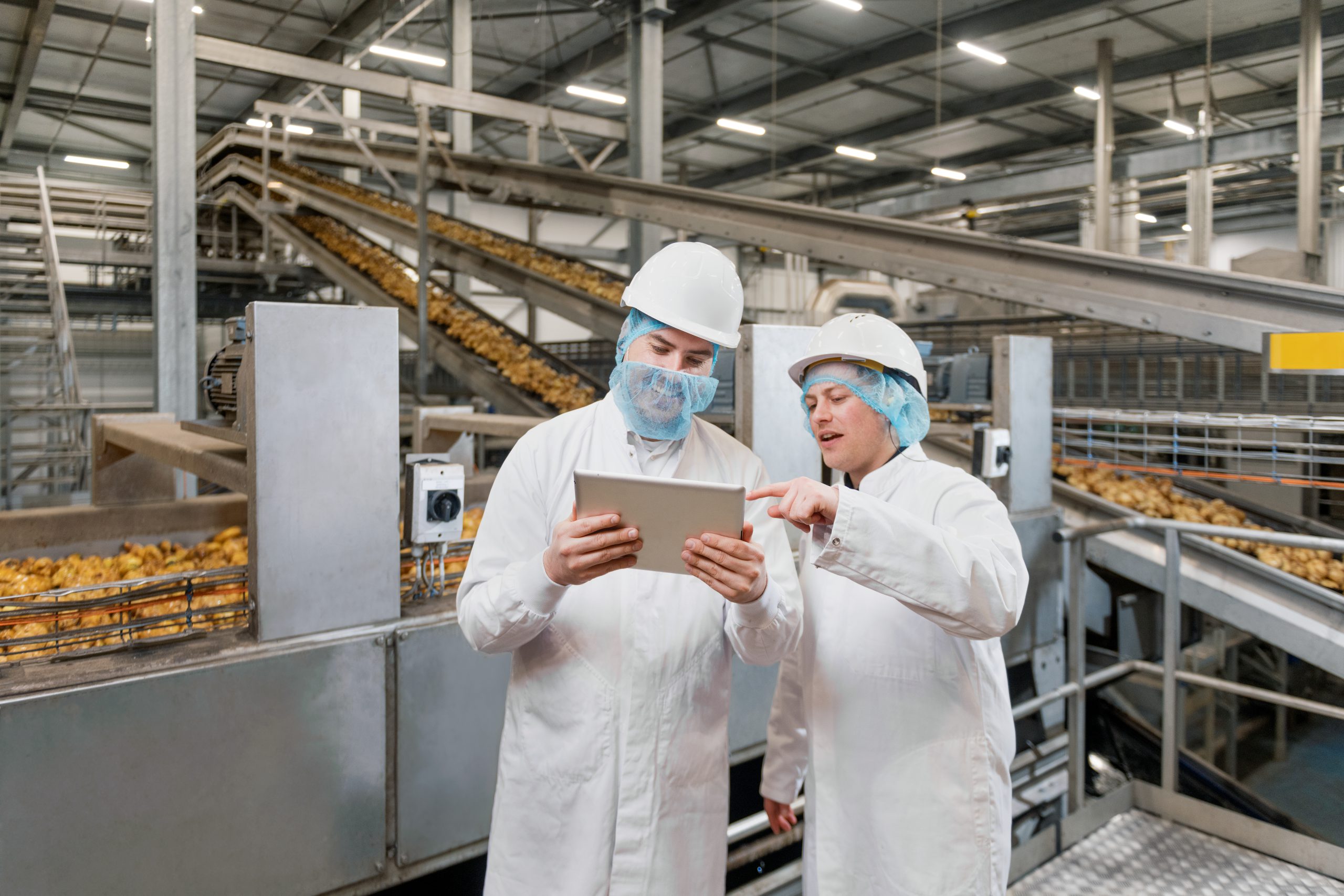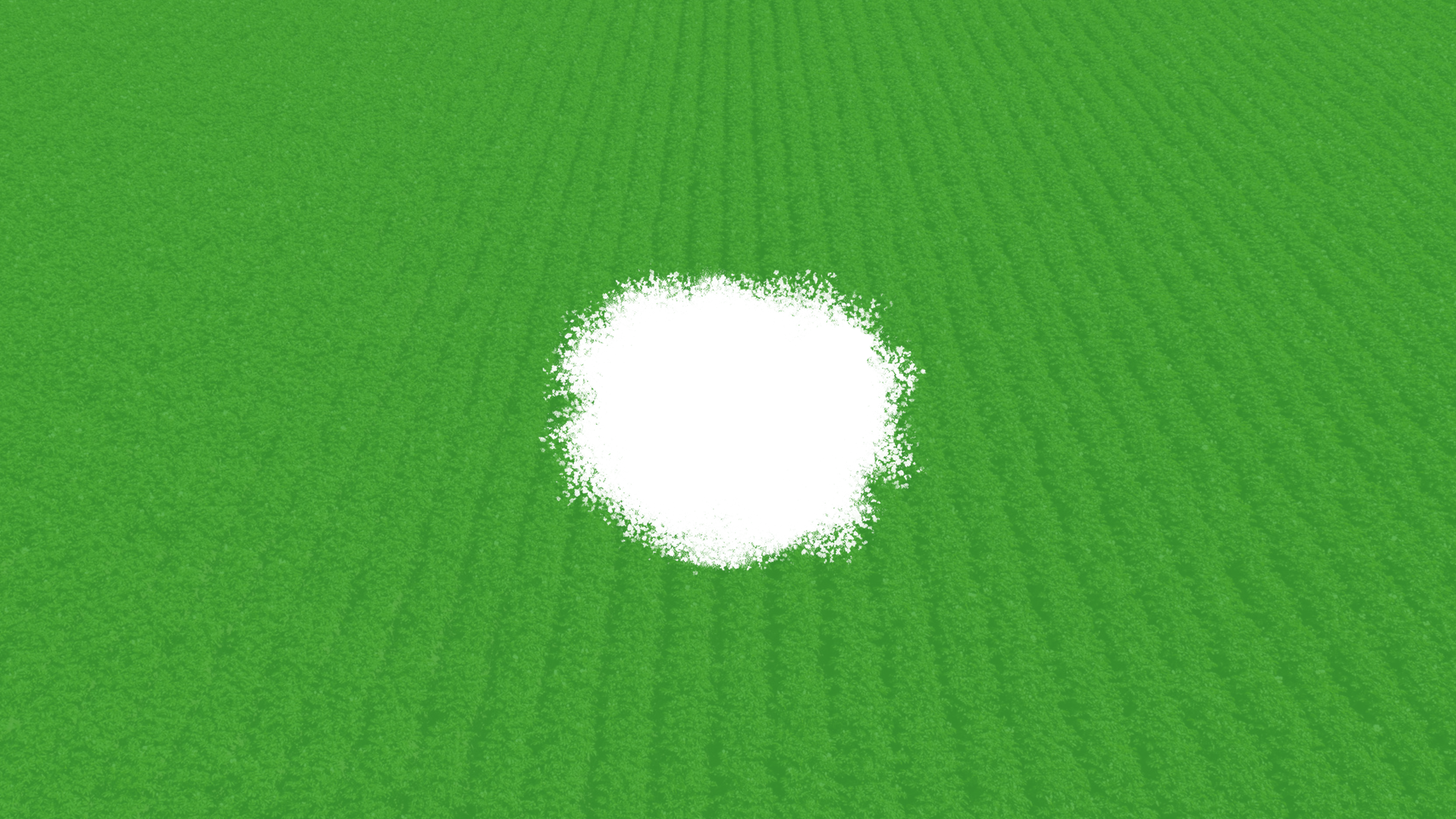

‘We want to be leading in our industry’
Aviko. Where sustainability grows.
In 2023, Aviko Rixona made major steps with the Phase II Master Plan in Venray. The results are the increase of the worldwide market share involving a doubling of the flake capacity, the (partial) modernisation of the 50-year-old plant, and at the same time handling energy and raw materials in a more economic manner. Operational director Guido van der Steen: ‘We show that making your company more sustainable and stronger go hand in hand.’
‘The Master Plan consists of three components. The time had come to renew (part of) the 50-year-old plant, expand the plant with additional capacity – two new lines – and to consider increasing the capacity of the existing plant’, related Guido.
Water reduction
Water consumption is an important facet within our organisation. A lot of water is required to increase capacity by 30,000 tonnes. ‘The Venray plant has its own source. We are permitted to pump up 800,000 cubic metres water annually. We wanted to remain within the limits of the existing permit following implementation of the Master Plan, as our water consumption also has an impact on groundwater levels in the medium term. It is important to us to seek a balance within our chain and in this case the handling of water. Farmers have to water their land in a sensible manner. We must in turn be alerted to increasing a permit in this connection. After all, it would be very strange if a farmer would not be allowed to water his land with groundwater more, but that we would want to increase our permit. Water is scarce. And it will become far scarcer in the future.
One of the most important questions within our Master Plan is how we can reduce our water consumption significantly. As part of the Master Plan, we installed a new recirculation system on our washing installations, for example. The reason being that washing potatoes is one of largest consumers of water within our plant. Our current installation washes sand and organic particles from the potatoes and separates these thereafter. We are now able to recirculate 90% of our washing water, and our fresh intake is only 10%.’
Water as motivation
Water reduction and doubling your volume: how can this be combined? ‘We do not just wish to realise a reduction per tonne, but we ultimately wish to reduce our absolute water consumption to below 800,000 cubic metres. And we do so by means of several large water conservation programmes, with the recirculation of washing water being the first major step. Each day we grow further towards the realisation of our sustainability ambitions. This is the power of Aviko Rixona: we work in an integrated manner. We connect sustainability projects to each other and to other improvements, in order to realise a reduction at the overall level.’
Reusing heat
In addition to water, saving on gas was a key objective of the Master Plan. ‘One of the main parts is reusing the steam we use to peel the potatoes. We condense the steam back to hot water and thereby heat the pre-cookers of the existing plant. This resulted in gas savings of approximately 800,000 cubic metres at full production capacity. Comparable to the amount consumed annually by 500 families.
Sustainability is also about using fewer raw materials for the same amount of product. We always peeled the potatoes at 13 bar steam pressure, and we now do so at 21 bar. There is less raw material and peel loss because you are able to peel at a higher pressure.’
Growing & becoming more sustainable: win-win
Guido: ‘We want our company to grow, but we also feel responsible for the public interest. All large sustainability projects we have carried out so far have contributed to the reduction of our CO2 consumption and water consumption and have made a positive financial impact. That gives me a lot of energy. We want to be a frontrunner in our industry. Early investment in talent to shape the energy transition has given us an enormous lead. The energy transition is truly part of everything we do.’
